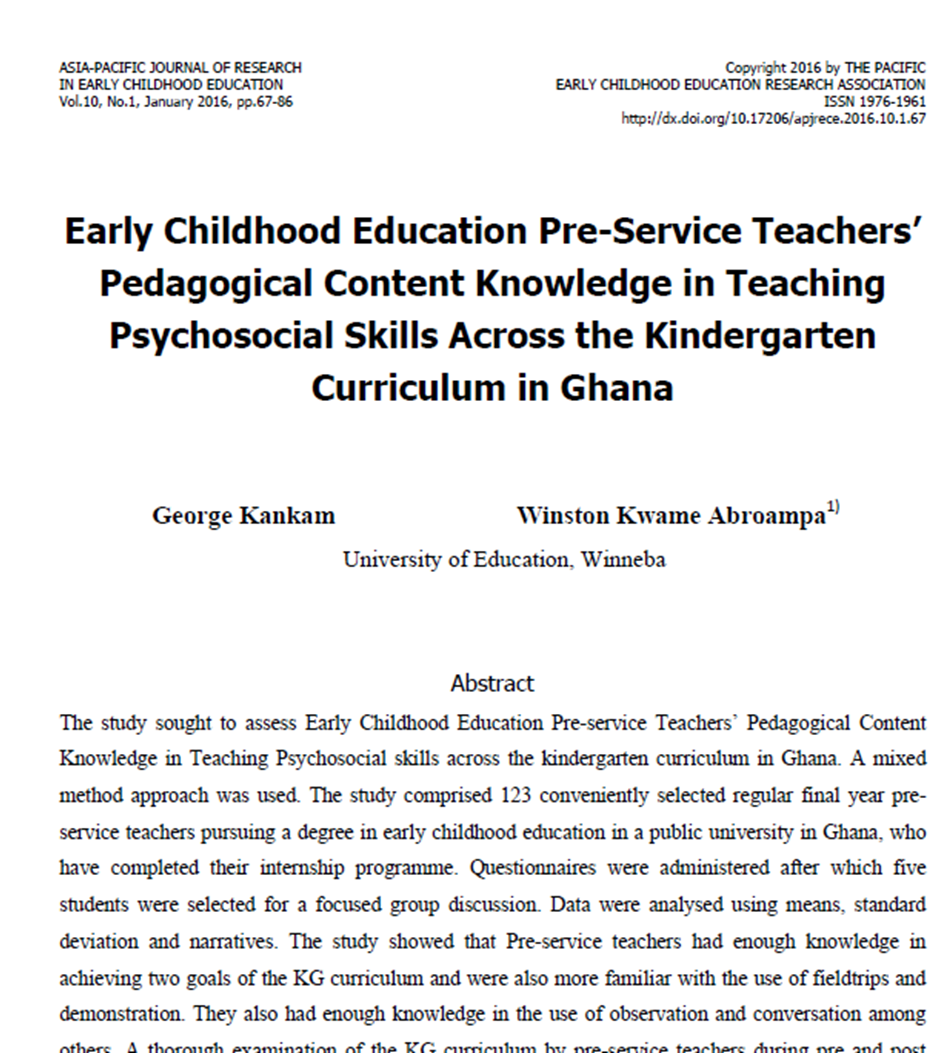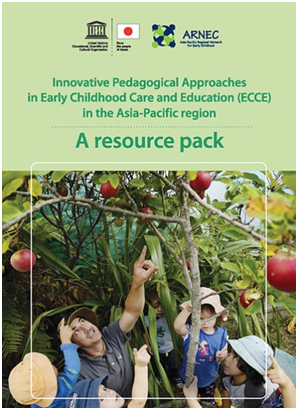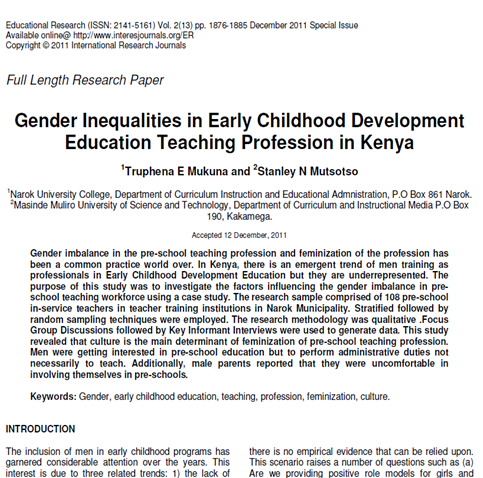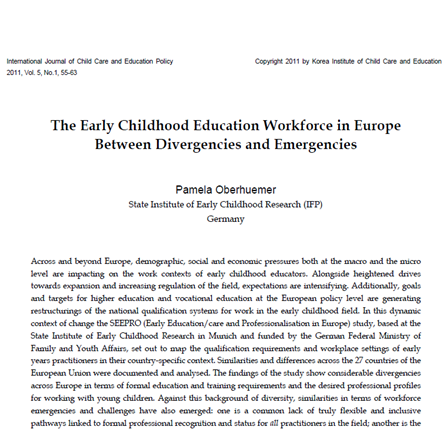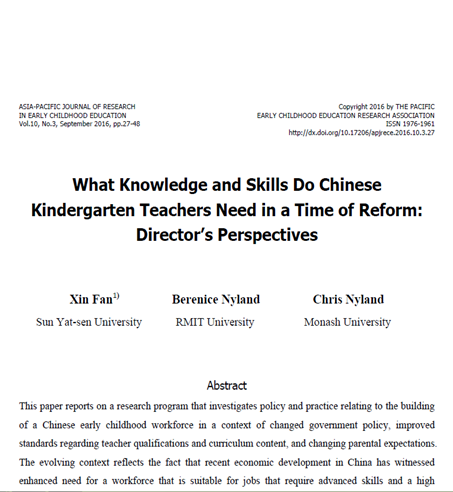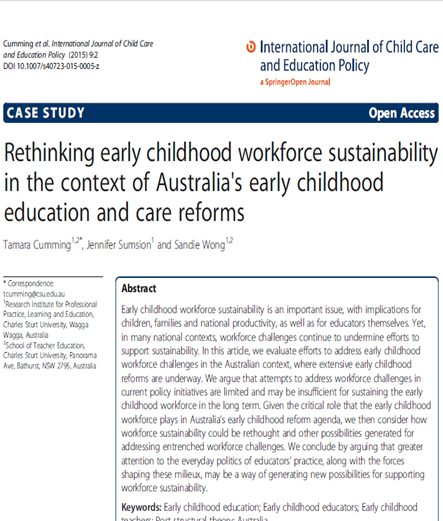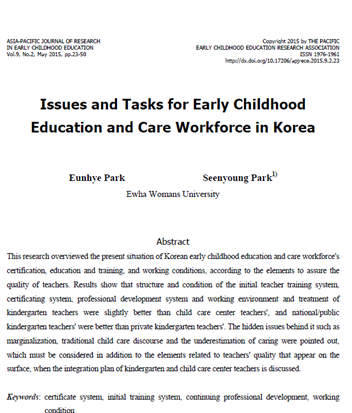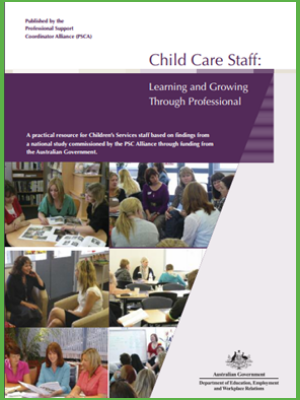Early Childhood Development Workforce - Productivity Commission Research Report
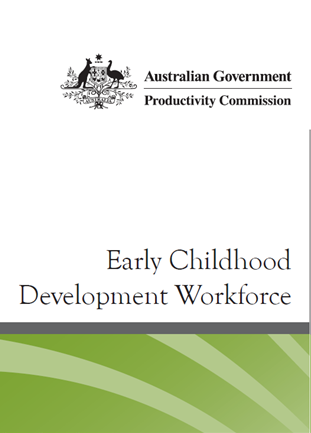
The early childhood development sector plays an important role in fostering the education, health and care of young children. Early childhood education and care services are currently the subject of significant reforms nationally. These reforms have substantial implications for the associated workforce. This report, the second of three on education and training workforces, focuses on the early childhood development workforce. It follows the Vocational Education and Training workforce report released in May 2011. The third report, on the Schools workforce, is underway and will be completed in April next year.
The Commission’s recommendations and findings seek to support the future development of the early childhood workforce required to underpin the nationally agreed reforms. In particular, guidance is provided on the provision of quality early childhood education and care services to children with additional needs, Aboriginal and Torres Strait Islander children and children in rural and remote locations.



